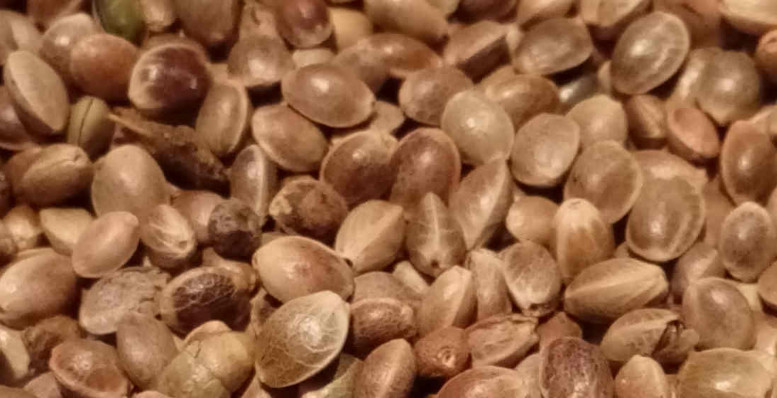The producer of FINOLA cultivation seed is fighting back against a decision that would eliminate subsidies to farmers who cultivate the popular hemp variety in Poland. Meanwhile, Polish agencies which have been authorized by the European Commission to block the farm supports appear to be backing off while stonewalling FINOLA’s attempts to obtain documentation underlying THC tests at the heart of the situation.
Poland’s Agency for Restructuring and Modernization of Agriculture (ARiMR) issued a statement in March declaring that supports for Polish farmers planting FINOLA this year would be blocked because the variety was found to be above the European limit of 0.2% THC in tests over the past two years.
Reversing course
But after the matter was put on the agenda of the European Commission’s Standing Committee on Plants, Animals, Food and Feed (PAFF), Polish officials apparently had second thoughts. According to the summary of a PAFF meeting held May 6, Poland told the commission it would, after all, vote against the proposal “as recently there has been an increased interest in hemp,” and noting an impending realignment in the THC limit for industrial hemp in Europe from 0.2% to 0.3%.
Nonetheless, PAFF issued a decision in late July authorizing Poland to prohibit the marketing of the hemp variety under a 2002 directive, “without a critical review of the evidence,” according to FINOLA.
FINOLA – and Polish farmers experienced in growing FINOLA – say THC tests carried out by ARiMR were flawed and poorly timed for the variety, which is fast-flowering comparing to other types of hemp.
The company said ARiMR used a third party to collect the samples, but has so far refused to identify the testing agency, and that both the ARiMR and the Polish Ministry of Agriculture and Rural Development have not provided even minimal information on their justification for blocking the farm supports. ARiMR also claimed they did not collect specific information such as sowing dates, while the Ministry admitted it had that data but would not release it, according to FINOLA.
Stonewalling
Freedom of Information requests filed by FINOLA to obtain the documentation have been met with an inadequate response, said Jace Callaway, founder of FINOLA, and developer of the variety. “Still, they will not provide even half a page of info with sowing dates to prove that they took the samples at the correct time,” Callaway told HempToday.
Callaway said the company’s request for a judicial review in Poland has been accepted. If FINOLA cannot get satisfaction in Polish courts, it will appeal to the European Union Court of Justice, he added. The company has already filed a complaint with the European Commission, Callaway said.
While farmers planting FINOLA could find themselves ineligible for direct subsidies or EU Rural Development Programme funds, FINOLA seeds may still be planted, and the manner in which the variety is treated in Polish seed regulations remains unchanged. Also, products made from FINOLA seeds may still be sold.
Farmers join fight
Polish farmers took up the fight to protect FINOLA subsidies immediately after ARiMR issued its statement in March. In an open letter to the agency and the agriculture ministry the same day the notice was posted, a group of a dozen or so Polish farmers also cited incorrect timing and other flaws in THC tests carried out by ARiMR.
“We have planted 3 hectares of FINOLA this year with the sole purpose of suing the agency for this unlawful, harmful and plainly stupid decision, with the hope of helping reverse it,” said Maciej Kowalski, CEO at leading Polish hemp company Kombinat Konopny.
“The whole thing is just a big misunderstanding and literally a rounding error,” said Kowalski. While the Polish drug law mentions 0.20% THC as the upper limit that defines “industrial hemp,” EU rules quoted by the Polish regulator mention 0.2%; but that level is technically defined as 0.25% for the purpose of farm supports, Kowalski said. With tests on FINOLA reported to have reached 0.23%, that is beyond the Polish limit but in line with the European subsidies regulations, Kowalski noted.
Fully certified
FINOLA’s listing in the EU catalog of plant varieties was accepted for renewal during a plant variety committee meeting in February. The variety remains fully certified under the EU plant management system.
Popular with many Polish farmers, FINOLA, which was developed in Finland, was the first industrial oilseed hemp variety to be registered in Canada and the EU. FINOLA produces abundant seed in a short, auto-flowering and early maturing crop. The variety, which grows best in continental and temperate regions, has thrived in Polish conditions, farmers have said.

